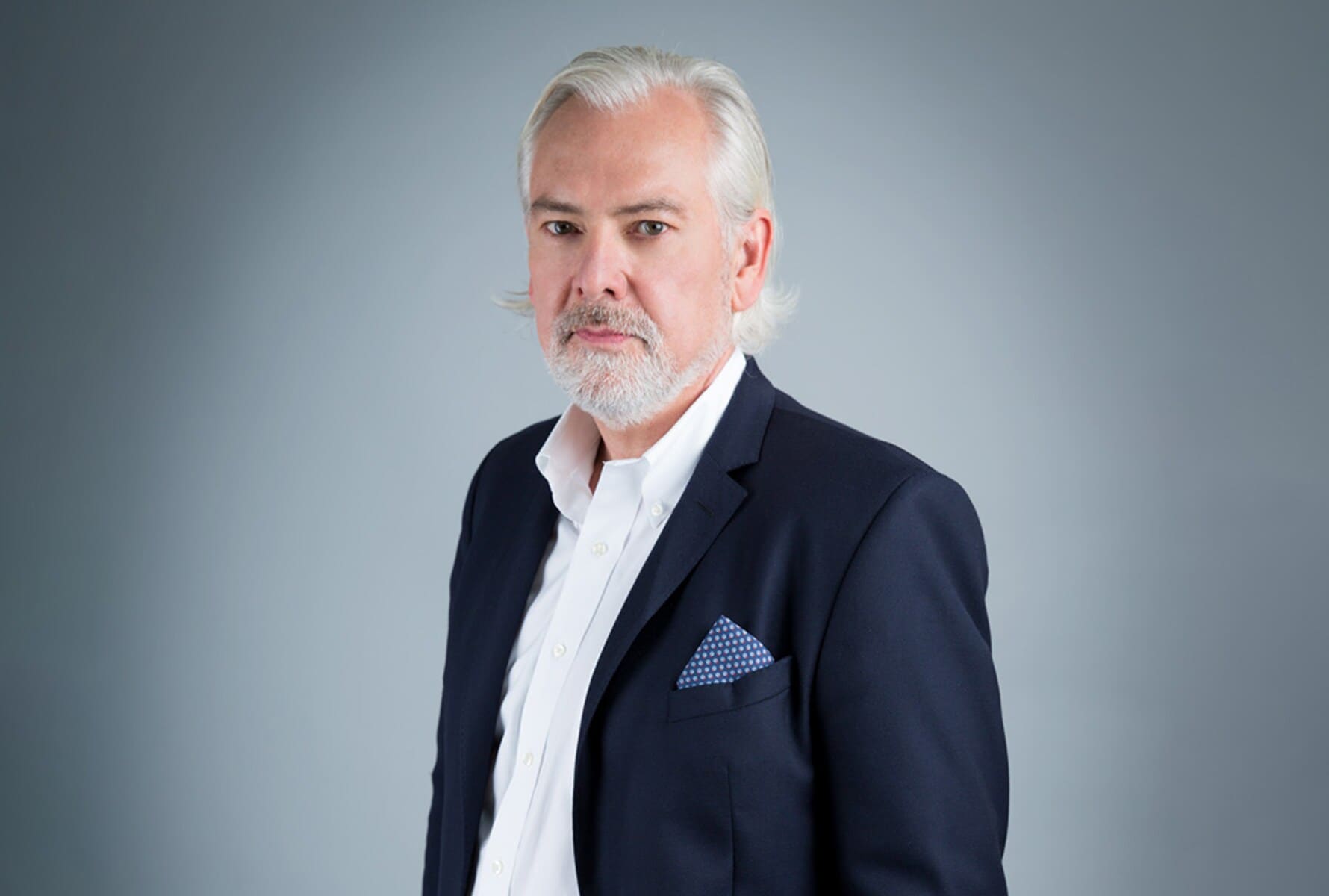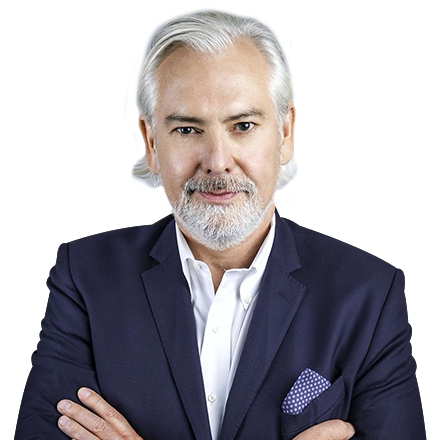We know that trust takes years to build and can be undermined in an instant, even in “normal” times.
I remember how weeks before the global outbreak of the pandemic, our conversations in Davos called attention to the challenges of restoring trust in institutions—particularly as trust in government, media, and business has been in decline for years.
Little did we know back then that 2020 would turn out to be the real stress test. From the demise of the handshake to people’s waning confidence in the handling of the pandemic, our shared fabric of trust has been stretched, challenged, and redefined.
As an optimist, I firmly believe this is, in fact, a pivotal moment for society to rebuild trust. Of course, there are no silver bullets or shortcuts we can take.

A socially-minded approach is important to rebuild trust
If anything, this will be a slow process of incremental progress—possibly with some setbacks along the way—particularly given today’s polarized and complex environment.
Consider, for example, the paradox of living through a pandemic, yet at the same time seeing trust in scientists and experts decline (fortunately, trust in science appears to remain intact). Or the challenge of ensuring that accurate and reliable information reaches as many people as possible at the same time that trust in news organizations is declining.
The environment isn’t less complex for businesses, either. Trust is fundamental to an organization’s license to operate. And with society’s tectonic plates shifting, businesses are required to take a more comprehensive and socially-minded approach to earning and maintaining trust.
Read more from Jacek Olczak
Tension can accelerate progress
4 min readWithout challenges to the status quo—and their resulting frictions—new ideas wouldn’t exist.
The mother of invention: Agility in testing times
4 min readWhile solutions born out of necessity might prove better than what we had before, it’s key to remain agile and resourceful even when things settle down.
Are you thinking like a scientist?
4 min readThe scientific mindset demands flexibility and a willingness to change beliefs based on new evidence—and this is a critical approach for business leaders to adopt if we’re to move society forward.
Actions matter
Gone are the days when investor confidence was the only measure of success. Today, organizations need to consider how they’re creating value for a wide array of stakeholder groups—from shareholders and customers to employees, suppliers, and local communities.
For some sectors in particular—like the tobacco industry—earning trust will take even more time. For us at PMI, I recognize that many people trust neither the company, nor the tobacco industry in general.
Therefore, rather than expecting implicit trust, we ask people to objectively judge our actions, review our science, and engage in probing discussions on our journey to a smoke-free future.
Irrespective of the challenges sectors face, I believe there’s one fundamental principle for any organization’s quest to earn and reset trust: Actions matter. And the public expects much more action from corporations today. Indicatively, an international survey presented in PMI’s white paper about trust in a COVID world found that the majority of respondents want businesses to focus on finding solutions to societal problems.
This includes expectations on businesses to continually innovate their products in the interest of public health, reduce their environmental impact, and develop science-based solutions.
If there’s an opportunity today to build on this experience and forge stronger connections of trust, we should seize it.Jacek Olczak Chief Executive Officer, Philip Morris International
Transparency can drive progress
This action-oriented approach needs to go hand in hand with a willingness to engage in conversation.
Trust is not built in a vacuum. It’s the result of a mutual exchange. In my view, a key enabler to this exchange is transparency—a “show me, don’t tell me” approach to sharing information, demonstrating results, and addressing concerns.
If all sides engage in this process with an open mind, progress will be made. Expressing reservations and conflicting opinions is okay—even beneficial. Working through disagreements is part of the process.
What is not acceptable is avoiding the facts, conflating or mischaracterizing information, or rejecting out of hand whatever does not align with our own personal assumptions or pre-existing beliefs.
The critical role of business in economic and societal recovery
No one would have asked to experience the crisis our world has endured. The consequences of this pandemic have been devastating, and I don’t want for a moment to suggest there is a silver lining that outweighs its toll.
But if there’s an opportunity today to build on this experience and forge stronger connections of trust, we should seize it.
Businesses are critical for economic and societal recovery alike—and, as leaders, we should embrace this role and work to effect positive change. Staying on the sidelines is no longer an option.
More from PMI's Leaders of Change
Change. Innovate. Succeed.
2 min readThey might be physically distanced, but the cross-functional teams at PMI are innovating faster than ever. Here’s how to harness the pioneering spirit central to turning visions into realities.
Leaders of Change
PMI’s thought leaders share their insights and expertise on the changing face of business and how companies must pivot today to deliver a better tomorrow.
Five quotes to inspire and deliver success
2 min readPMI’s senior leaders on how they are moving the company forward.








